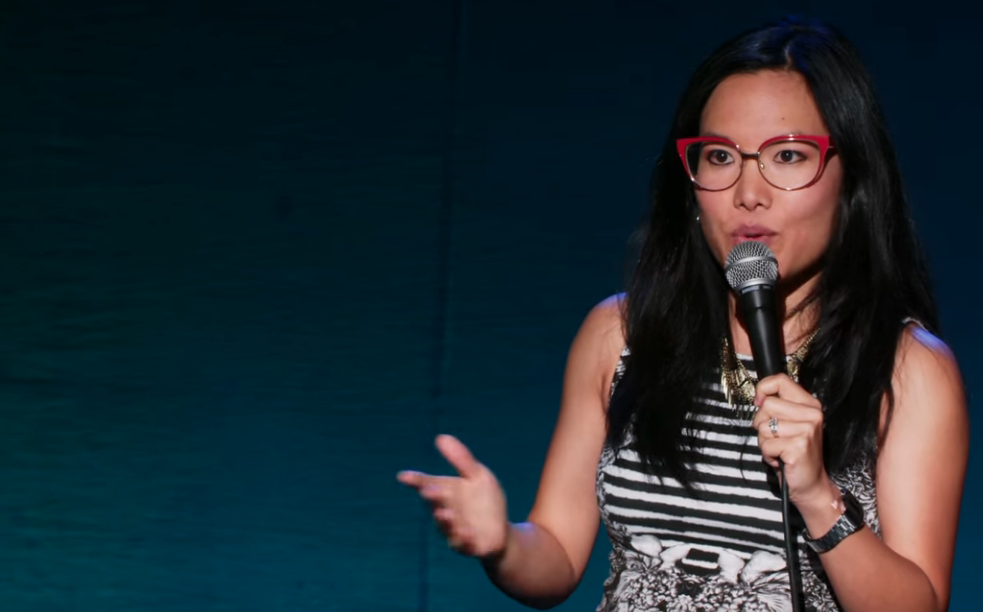Views expressed in opinion columns are the author’s own.
Last week, Student Entertainment Events featured Ali Wong for the University of Maryland’s Homecoming Comedy Show. Her comedy is particularly socially and politically charged and has a heavy focus on gender double standards, womanhood and motherhood.
Wong was the first woman in years to perform at our annual Homecoming Comedy Show, which makes her performance inherently important. But bringing her to this university was a good move for a variety of other reasons.
Wong’s brand of comedy appeals primarily to women. Plenty of men watch and enjoy her stand-up. However, her jokes are geared toward women who are able to relate to the experiences of sexism, motherhood and female sexuality. Additionally, a large part of her routine is founded on her experience as an Asian-American woman and how her ethnicity plays a role in the stereotypes, expectations and struggles she has faced in her life and career.
By bringing a comedian who appeals primarily to minority audiences, SEE effectively created a space that was safe for this audience. While any demographic can consider Wong’s comedy to be funny, her jokes are the funniest to people who can relate to her experiences. Wong is able to prioritize a minority audience while also ensuring that other viewers are not left out. By bringing her to this university, SEE did a good thing for marginalized communities on the campus.
Wong frequently exposes deep-set inequalities and societal issues in her jokes. Hosting a performer who encourages women to embrace their sexuality and call out gender double standards is a good way to show students that this university has a sense of morality. Students should be able to bring whomever they want to speak on campus, but for an event held by SEE, Ali Wong was a good choice.
Even if Wong’s comedy may make some students uncomfortable, it’s important to reflect upon why. Is it because she is so open about female sexuality, which is often a well-kept secret in our society? Is it because she points out inequalities in the structures that govern us, and we aren’t used to having those structures challenged? Whatever the reason, that discomfort has a purpose — to show us how often we easily accept these inequalities without question.
Asian-American women are typically seen as quiet, demure and submissive. But Ali Wong is an amazing example of a successful woman who embraces her sexuality, is proud of her experiences as an Asian-American and is unafraid to defy stereotypes. Bringing her to this university encourages students to always question authority and societal norms, regardless of what profession or field they are in.
Liyanga de Silva is a junior English and women’s studies major. She can be reached at liyanga.a.ds@gmail.com.



